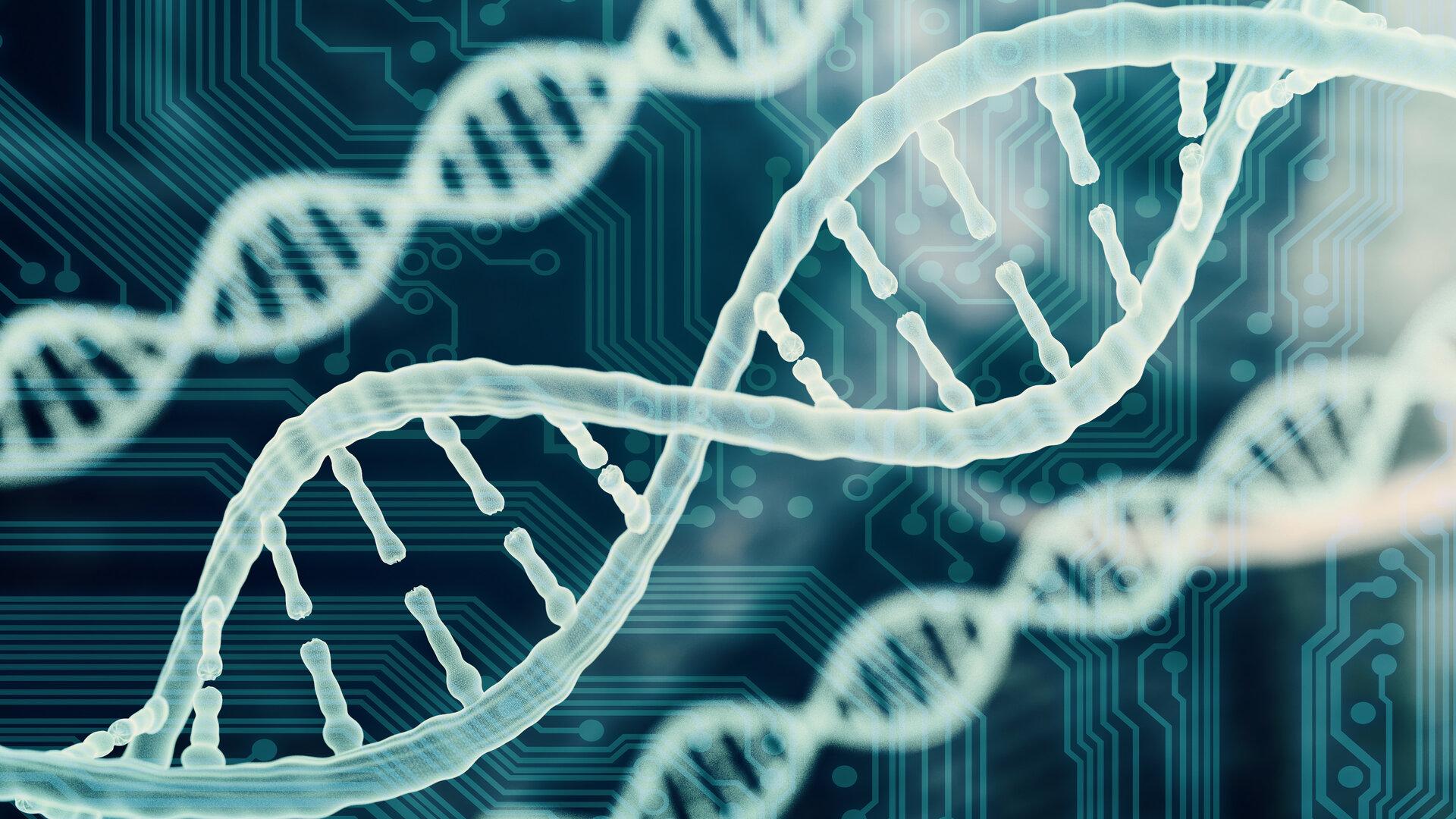A protein chip, also known as a protein microarray, is a tool used in clinical diagnostics, but also in molecular biology research and food and environmental analysis. A very related method is the DNA chip. In terms of functionality, the protein chip technique is comparable to an ELISA (short for: Enzyme-linked Immunosorbent Assay) in a smaller format. Here, proteins are immobilized on a carrier chip made of plastic or glass in a precise arrangement. Frequently used proteins are antibodies, which are also referred to as antibody chips. The protein chip technique offers the possibility to capture every binding to a protein in an assay format. For example, enzymes are used as coupling proteins for the detection of specific substrates or antigens in a biological sample.
Application areas
Protein chip technology can be used for many detections. For example, as evidence for the reduction of antibody and reagent requirements or as evidence for even the lowest concentrations of biomarkers. In this context, protein chip technology is used in the context of diagnostics (clinical) and research, but also in food analysis and environmental analysis. Thanks to protein chip technology, progress has been made in recent years, particularly in diagnostics (clinical), especially in the determination of tumor markers, but also in autoimmune diseases and infectious diseases.
And also research has been able to achieve some results in recent years thanks to protein chip technology, such as in the context of function determination in high-throughput procedures or in the search for substrate for ligands, kinases or protein interactions. With one protein, the protein chip technology has already progressed very far – with the Protein A Chip. This sensor chip is used for orientation-specific binding of antibodies (human) via the Fc region. Companies can purchase these sensor chips if they need or want to provide appropriate evidence. The Protein A Chip offers time and effort savings due to the ready-to-use sensor chips, which eliminates the need to develop immobilization and regeneration conditions. This type of Protein Chip binds antibodies from various mammalian species, primarily human antibodies of the IgG1, IgG2 and IgG4 subclasses, but does not bind Fab fragments – quite unlike native Protein A.
Disease detection
So far, the protein chip technology is mainly used in research, although there are already some approaches to use the protein chip in diagnostics. There are efforts that soon – perhaps even in doctors’ offices – diseases can be detected within a short time thanks to this method for determining antibodies. This would be a quantum leap for on-site diagnostics. Up to now, time-consuming examinations have had to be carried out and, above all, the samples have had to be sent to laboratories. For the patients, a long waiting period then begins, full of hope and anxiety.
Source:
catalin – stock.adobe.com




